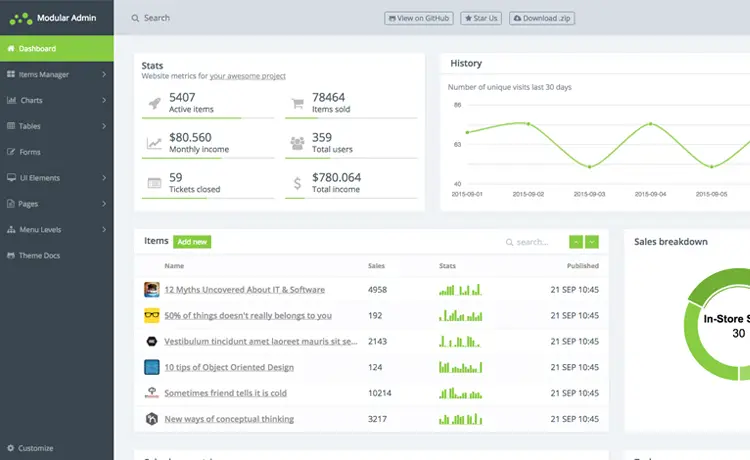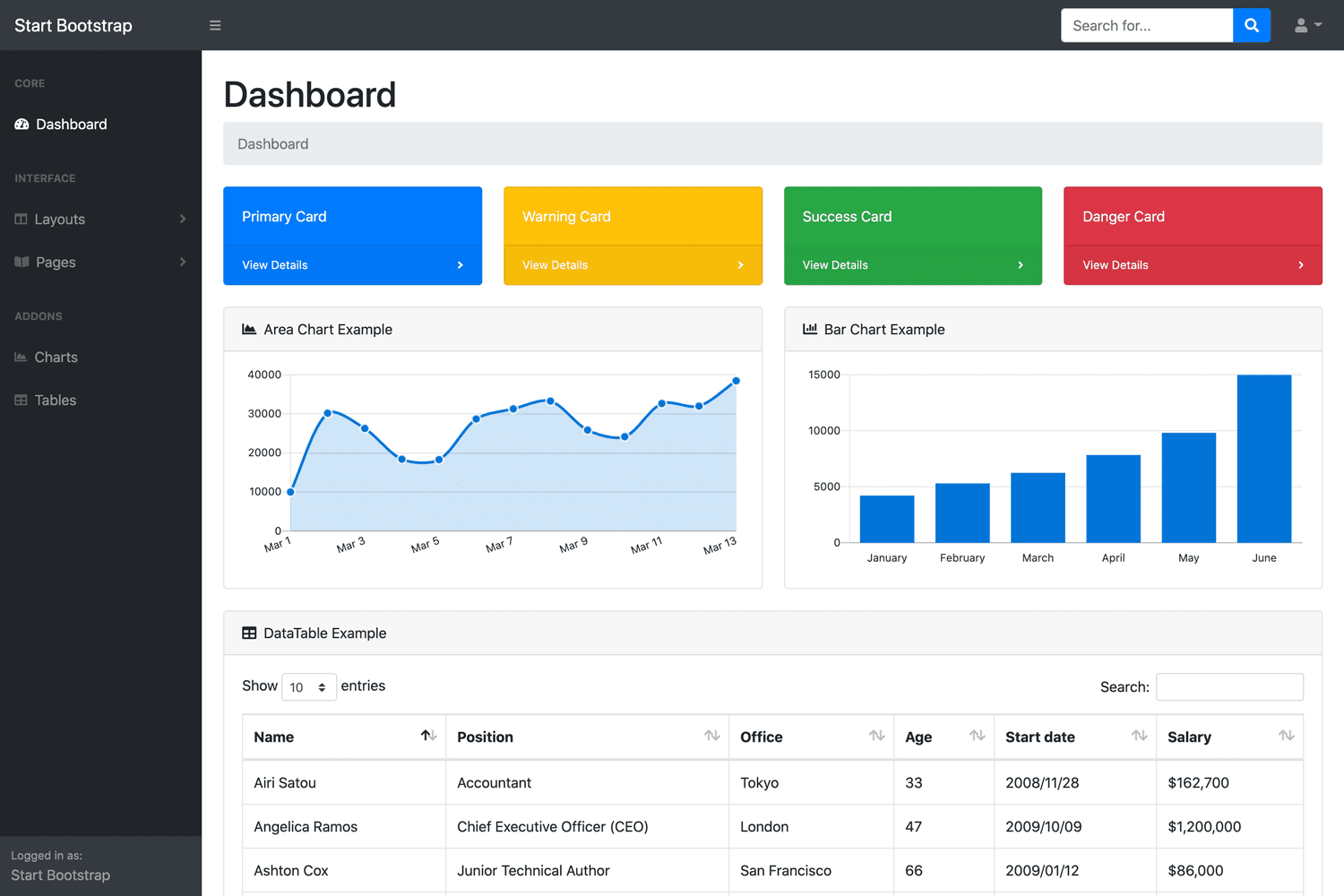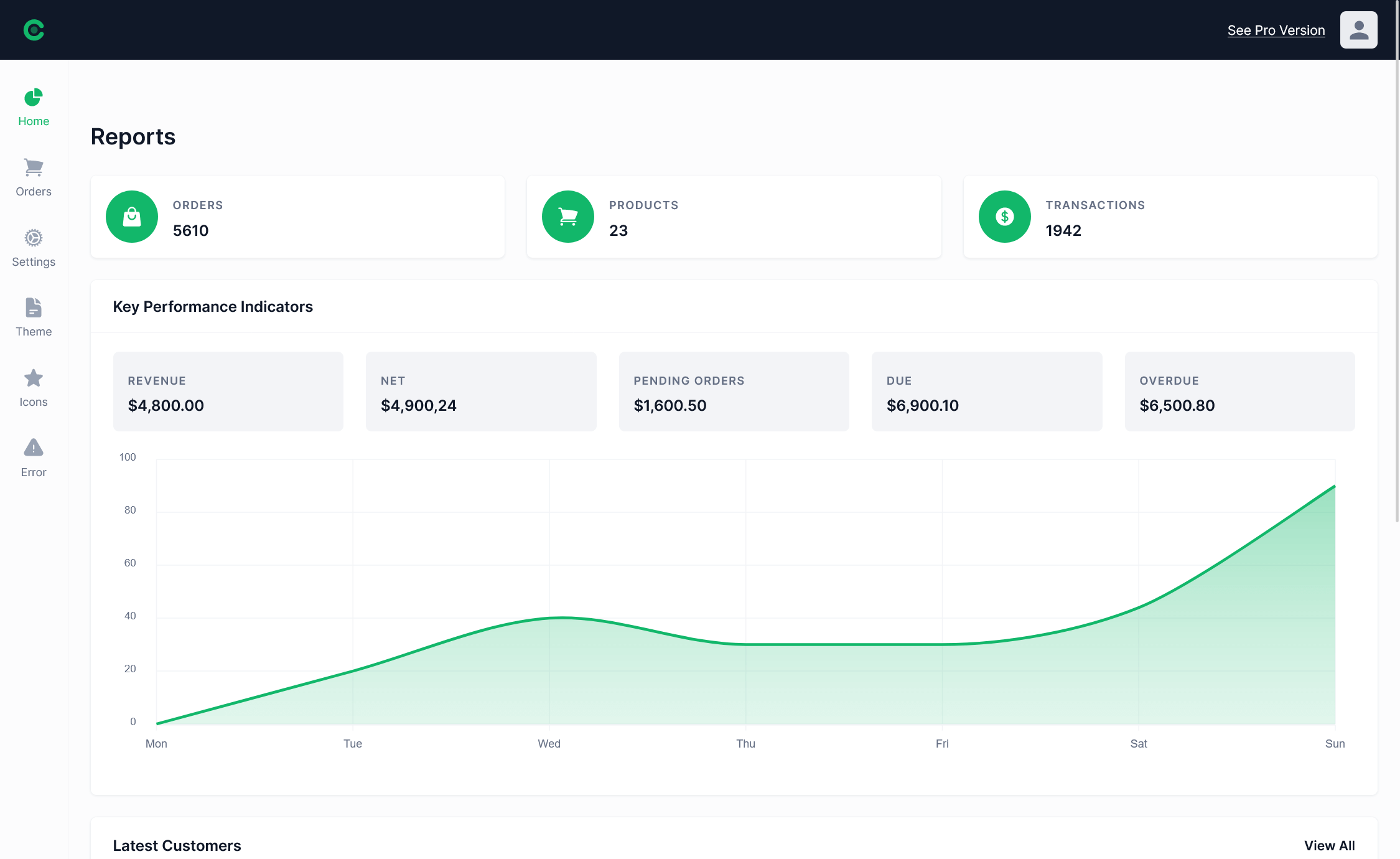How to host Web API in a separate process
By Tan Lee Published on Dec 30, 2024 452
While IIS is a popular choice for hosting Web APIs, it's not the only option. You can host your Web API in a separate process using a host application, such as a console.
1. Create a Console Application to Host the API
To begin, we will create a console application to self-host our Web API.
- Create the Console Application: Open Visual Studio and create a new Console Application project. Name it something like "BookWebAPIHost."
- Install Required NuGet Package: Right-click on the project in Solution Explorer, select Manage NuGet Packages, search for Microsoft.AspNet.WebAPI.SelfHost, and install it. This package allows you to host your Web API without IIS.
- Write the Self-Hosting Code: In your
Program.csfile, you can write code to host the API on a specific URL (e.g.,http://localhost:8080):
using System;
using System.Net.Http;
using System.Web.Http;
using System.Web.Http.SelfHost;
class Program
{
static void Main(string[] args)
{
string baseAddress = "http://localhost:8080";
var config = new HttpSelfHostConfiguration(baseAddress);
config.Routes.MapHttpRoute(
"API Default", "api/{controller}/{id}",
new { id = RouteParameter.Optional });
using (HttpSelfHostServer server = new HttpSelfHostServer(config))
{
server.OpenAsync().Wait();
Console.WriteLine("Service started ... Press Enter to quit.");
Console.ReadLine();
}
}
}2. Create the API Model
Now let’s create a model that represents the data structure we will work with.
namespace SimpleWebAPI.Models
{
public class Book
{
public int Id { get; set; }
public string Title { get; set; }
public string Author { get; set; }
}
}3. Create the Web API Controller
Next, create a controller that will handle the API logic. This controller will use the Book model to return a list of books:
using System.Collections.Generic;
using System.Web.Http;
using SimpleWebAPI.Models;
public class BooksController : ApiController
{
private static List<Book> books = new List<Book>
{
new Book { Id = 1, Title = "The Great Gatsby", Author = "F. Scott Fitzgerald" },
new Book { Id = 2, Title = "1984", Author = "George Orwell" }
};
public IEnumerable<Book> GetAllBooks()
{
return books;
}
}4. Consume the Web API
To consume the API we just created, you can create another console application.
This application will send HTTP requests to our hosted Web API and display the results.
Create the New Console Application: In Visual Studio, create another console application project named "BookWebAPIClient."
Install NuGet Packages: Add the
Microsoft.AspNet.WebAPI.Clientpackage to the new project, as it will help with consuming the Web API.Create the Code to Call the API: In your
Program.cs, use theHttpClientclass to request data from the Web API:
using System;
using System.Net.Http;
using System.Net.Http.Headers;
using System.Threading.Tasks;
using System.Collections.Generic;
namespace BookWebAPIClient
{
class Program
{
static async Task Main(string[] args)
{
HttpClient client = new HttpClient();
client.BaseAddress = new Uri("http://localhost:8080/");
client.DefaultRequestHeaders.Accept.Add(new MediaTypeWithQualityHeaderValue("application/json"));
HttpResponseMessage response = await client.GetAsync("api/books");
if (response.IsSuccessStatusCode)
{
var books = await response.Content.ReadAsAsync<List<Book>>();
foreach (var book in books)
{
Console.WriteLine("{0}: {1} by {2}", book.Id, book.Title, book.Author);
}
}
else
{
Console.WriteLine("Error: {0} ({1})", (int)response.StatusCode, response.ReasonPhrase);
}
Console.ReadKey();
}
}
}5. Run the Application
Start the Web API: First, run the BookWebAPIHost project, which will start the Web API on
http://localhost:8080.Consume the Web API: Run the BookWebAPIClient project. This will make a request to the API, retrieve the list of books, and display them in the console.
By following these steps, you can easily self-host a Web API using a console application.
- Implement security headers for an ASP.NET Core
- How to add security headers to an ASP.NET Core Application
- How to Initialize TagHelpers in ASP.NET Core with Shared Data
- Boost Your ASP.NET Core Website Performance with .NET Profiler
- The name 'Session' does not exist in the current context
- Implementing Two-Factor Authentication with Google Authenticator in ASP.NET Core
- How to securely reverse-proxy ASP.NET Core
- How to Retrieve Client IP in ASP.NET Core Behind a Reverse Proxy





